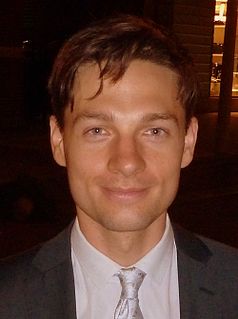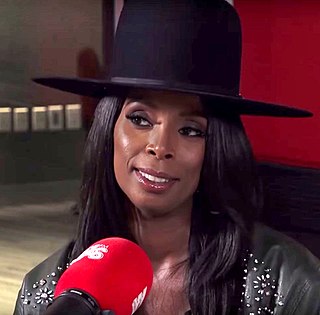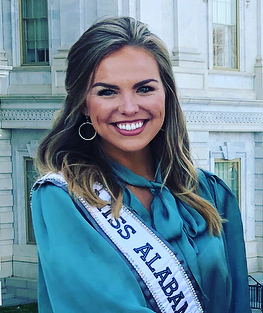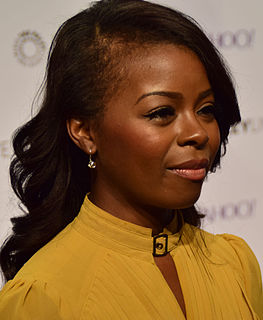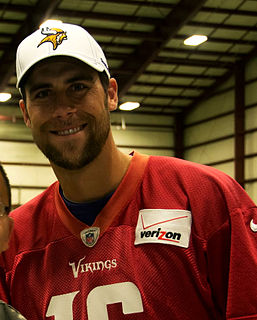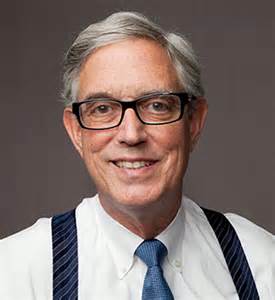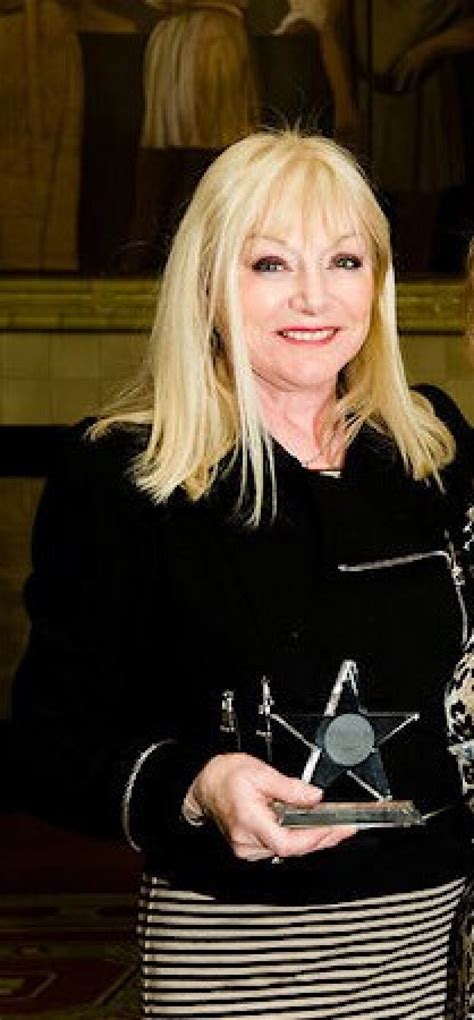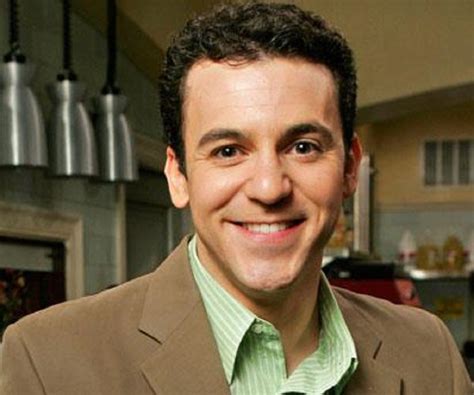A Quote by Gregory Smith
That's basically how I learned everything as an actor. I was just a kid, and I worked with these actors, and I'd ask them questions, and then something would work for me, and I'd try to move forward with it.
Related Quotes
It is the most powerful submission in the sport. It is a beautiful thing. You're holding them into you, their back is on you, and you are basically choking them gradually like a boa constrictor and once you've got them, the pressure goes on and they have to submit or they are going to stop breathing. It happened to me early in my career, and I panicked, and gave in, I tapped out too early. I learned a lot from that. I learned from it, learned how to do the move better, learned how to avoid it being done to me.
What we try to do in TSAW, which is Tasha Smith Actors Workshop, is to help the actor get to the core of who they really are and how they really feel. So, we may have them do a dump, where you just basically express everything that you feel that you have not been able to express, whether it's good, bad, or ugly.
Kevin Bacon and I recently worked on a move together, R.I.P.D. Just before we'd begin a scene, when all of us would feel the normal anxiety that actors feel be- fore they start to perform, Kevin would look at me and the other actors with a very serious expression on his face and say: "Remember, everything depends on this!" It would make us all laugh. On the one hand, it's not true of course, but on the other, everything does depend on this, on just this moment and our attitude toward this moment.
I have begun to regard everything as more of a process so that the sense of right and wrong diminishes in my psyche. That's been healthy for me and makes everything so much more fun. If something does not quite work out as expected or planned, I simply look for what did work, what I learned from the situation, and really try to keep it moving forward.
From one week to the next, everything changes from who you're playing to the defense's scheme. You just try to build on the things that you did well and correct the things that you did poorly in the game; then, move forward from there and hopefully continue to get better and better and better as you move forward.
Get yourself out. Be brave. Don't leave before you're ready, because you should know that you tried everything. So there's a conviction and a confidence when you step away from something that may or may not be conducive to your life. I think if you run away too quickly, you're going to have that "Oh God, did I try everything?" feeling. Try everything. Make it work. Do everything you can. If it's not working, then know when the signal is and move on. Change. Try something different.
I would say that the fundamental question of geography is about how humans shaped the Earth's surface and how we, in turn, are shaped by the ways in which we have shaped the Earth's surface. So, for me, geography was just a set of tools that allowed me to ask these kinds of questions and to try to think through them.
Going to directing wasn't a reaction away from acting as much as it was a move towards something I always wanted to do. Ever since I was a kid, I was interested in the camera and how it worked and why one director would place it in this part of the room and then another would place it in that part of the room.
